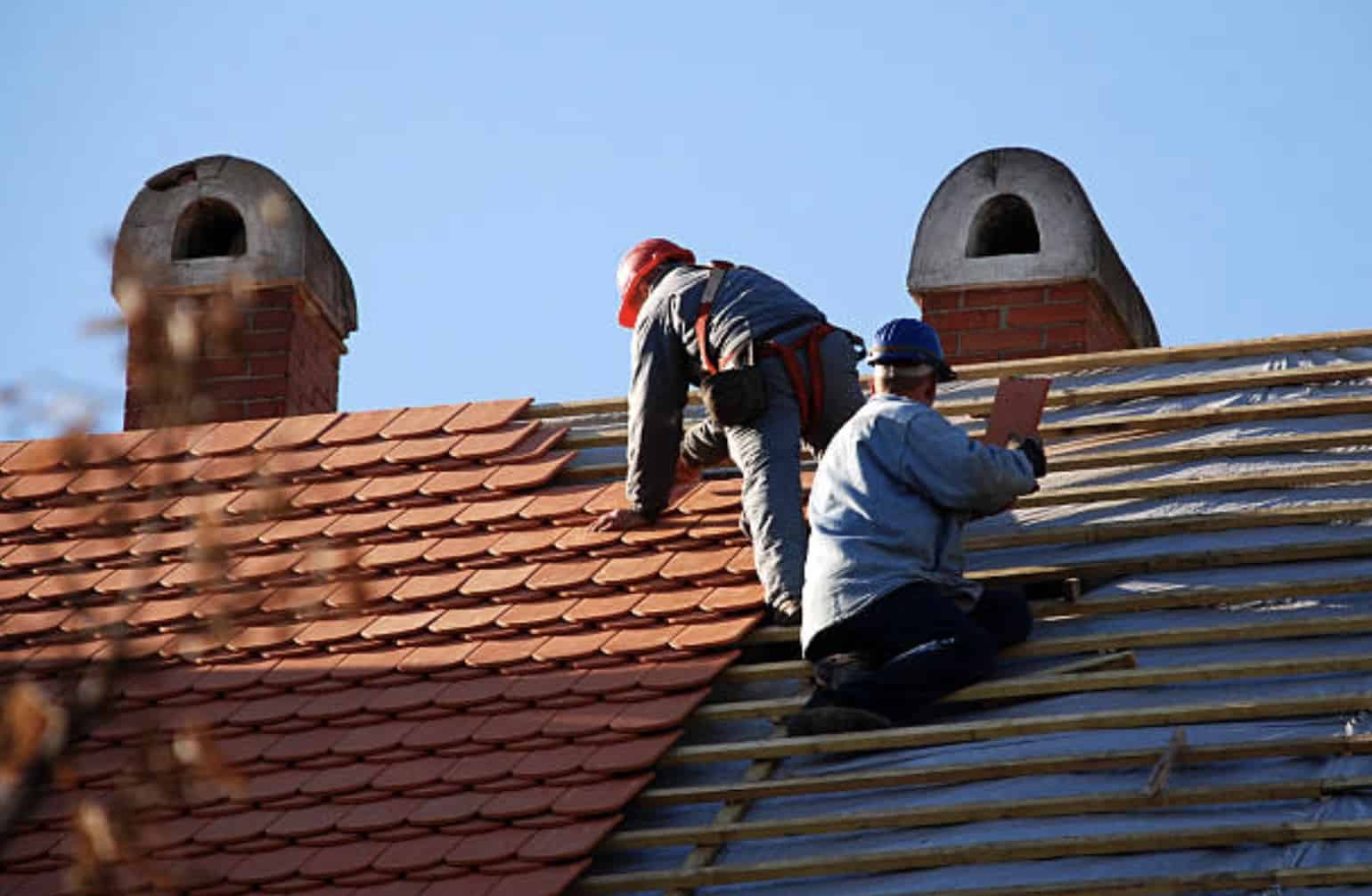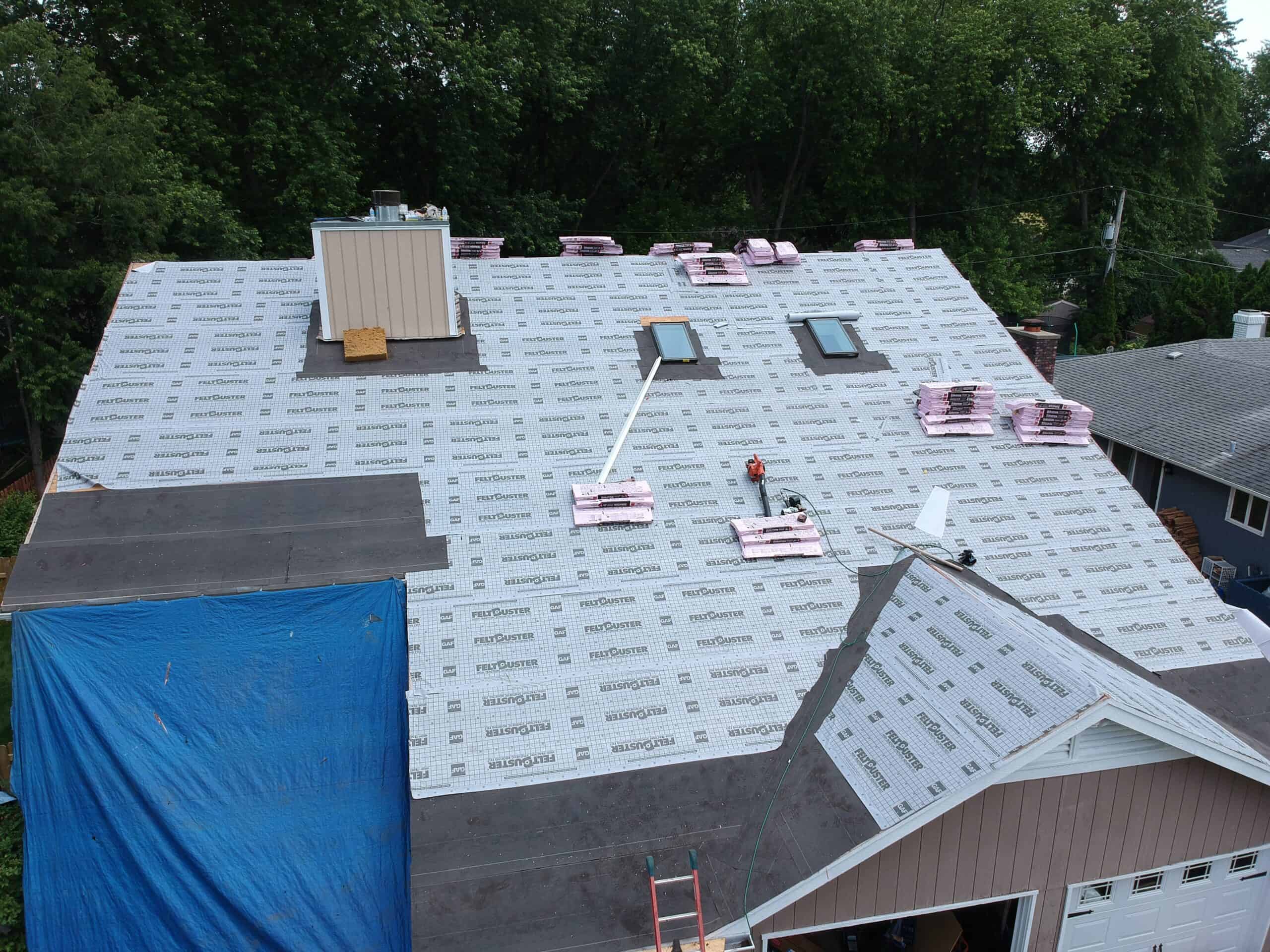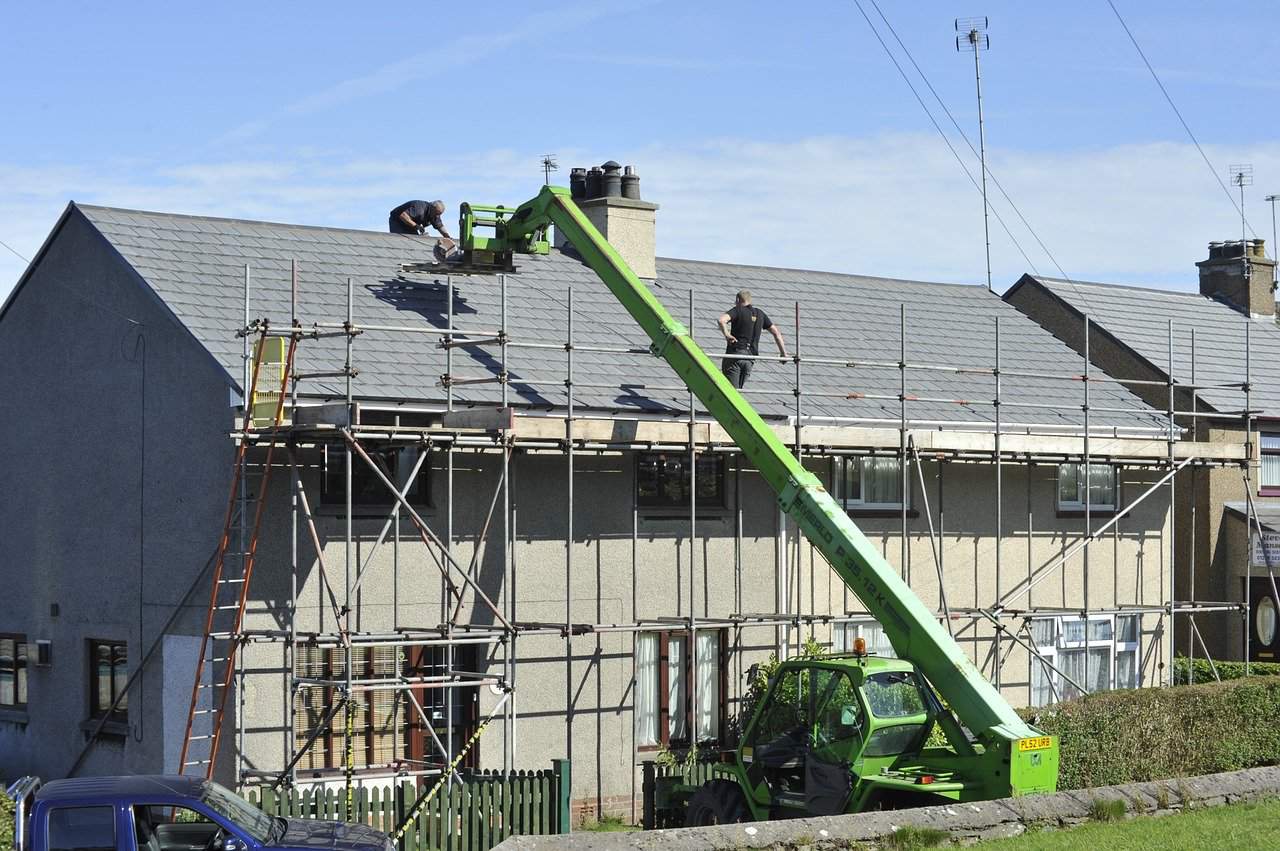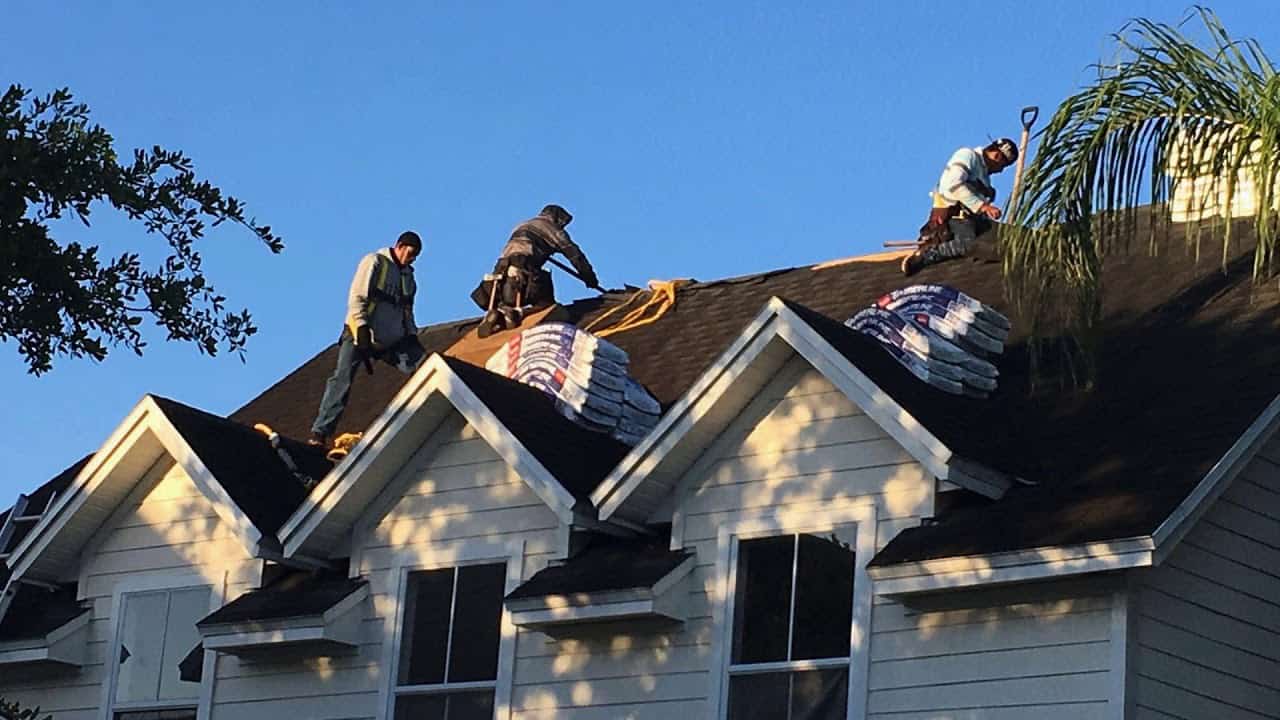Residential Roofs Services: What Every Homeowner Should Know
Don’t wait for leaks or curled shingles to realize the importance of a well-maintained roof. Whether you’re new to homeownership or experienced, understanding your roofing options and responsibilities is crucial to avoid costly repairs. In this blog post, we provide a comprehensive overview of residential roofing services. Learn about maintenance needs, common problems to watch out for, when to replace your roof, and tips for finding a reliable residential roofs contractor. By the end, you’ll feel confident in caring for your home’s protective shell.
Save Money and Avoid Costly Repairs with Regular Inspections!
When it comes to residential roof care, inspections are a crucial part that many homeowners neglect. But by staying proactive and scheduling regular inspections, you can prevent expensive repairs down the road. Skilled professionals can detect potential issues early on, before they become major headaches. These issues may include damaged or missing shingles, poorly installed gutters, or areas prone to water damage. By prioritizing roof inspections, you’ll ensure the longevity of your roof and preserve the overall health of your home. This not only saves you time and effort, but also your hard-earned money in the long term.
The Best Residential Roofing Materials
When it comes to residential roofing, homeowners have a plethora of material options to choose from, each with its unique advantages. A popular choice for many is asphalt shingles due to their affordability, durability, and wide range of available colors and styles. On the other hand, metal roofing, although more expensive upfront, provides exceptional longevity and resilience, making it a worthwhile investment for those planning to stay in their homes for an extended period. Other options include tile and slate roofs, offering a blend of aesthetic appeal and durability, albeit at a higher cost. It’s essential for homeowners to consider their budget, the local climate, and their home’s overall architectural style when deciding on the most suitable roofing material.

Residential Roofing Service
Roof Repair vs Replacement
Often, homeowners face a challenging decision when it comes to their roofs – to repair or replace? Understanding the key differences between roof repair and full roof replacement is crucial. Roof repair typically involves fixing specific areas of the roof that have minor damages, such as leaks or missing shingles. It’s a cost-effective solution when the overall roof structure remains in good condition, but there’s a localized issue. On the other hand, a full roof replacement involves removing the entire existing roof and installing a new one. While it’s a more significant financial investment, it makes sense when the roof has severe or widespread damage, is near or past its expected lifespan, or when a repair would merely be a temporary solution to a more substantial problem. Each situation is unique, and it’s essential to consider factors like the age of your roof, the extent and nature of the damage, and your budget when deciding between repair and replacement.
A Guide to Estimate Costs for Repairs and Replacement Jobs
When it comes to budgeting for roof work, homeowners should be aware that cost estimates can vary significantly based on the extent and nature of the work required. Basic roof repair tasks, such as fixing leaks or replacing a small number of damaged shingles, are generally the least expensive, often costing a few hundred dollars. However, more extensive repairs or partial replacements, such as fixing large areas of damage or replacing significant sections of the roof, can run into the thousands.
For a full roof replacement, homeowners should be prepared for a larger investment. The total cost can vary widely based on factors such as the size and complexity of the roof, the materials chosen, and the region of the country. Remember to include additional costs such as permits and waste removal in your budget, and always request multiple quotes to ensure you’re getting the best value for your money.
Simple Tips for Preventative Maintenance
Preventative maintenance can significantly extend the lifespan of your roof, safeguarding your home and saving you expensive repair costs down the line. One of the simplest yet most effective ways to maintain your roof is by cleaning your gutters regularly. Over time, leaves, twigs, and other debris can accumulate in gutters, causing water to back up and damage the roof structure. Regular cleaning, especially after the fall season, ensures your gutters remain clear and functional.
Another preventative maintenance tip involves trimming any overhanging tree branches. Trees growing close to your home can be a potential hazard, particularly during severe weather conditions. Overhanging branches may scrape and damage roof shingles, while fallen leaves can clog gutters. Regularly trimming these branches reduces the risk of such damage and thus contributes to extending your roof’s lifespan. Remember, a little maintenance can go a long way in preserving the structural integrity of your roof.
Find the Best Contractor for Your Residential Roofing Needs
Choosing a professional contractor is a crucial step when it comes to residential roofing services. These skilled experts possess the necessary tools and experience to ensure an accurate and efficient job. However, it’s important to take certain precautions to guarantee quality workmanship and protect yourself from potential liabilities. Here are some tips to help you find the right contractor:
- Verify Licensing and Insurance: Always make sure the roofing contractor you hire has the proper licensing and insurance. They should be able to provide proof of insurance coverage for their employees and subcontractors. Additionally, it’s crucial that they possess a valid license in your state.
- Assess Past Work and Reviews: A reputable roofing contractor will have either a portfolio showcasing their past work or customer reviews that you can refer to. This will give you valuable insights into the quality of their work and their reliability.
- Get Multiple Quotes: Don’t settle for the first quote you receive. Instead, obtain quotes from several contractors for comparison purposes. This will help you understand the prevailing market rates and ensure fair pricing.
- Remember, investing in residential roof services is a significant decision that directly impacts the longevity and performance of your roof. Finding the right contractor is paramount to ensure the best possible care for your residential roof. By following these tips, you can make an informed choice and secure top-notch services.

Residential Roofing
Save Energy and the Environment with Eco-Friendly Roofing Options
When it comes to eco-friendly roofing options, solar, green, and cool roofs are among the most popular choices for homeowners aiming to decrease their environmental footprint. Solar roofs, which incorporate solar panels into the roofing material, are designed to convert sunlight into electricity, thus reducing reliance on fossil fuels. Green roofs, on the other hand, feature layers of plants and vegetation that not only improve air quality but also provide natural insulation, thereby helping to reduce energy consumption for heating and cooling. Meanwhile, cool roofs are designed with highly reflective surfaces that can significantly decrease heat absorption, resulting in lower indoor temperatures and reduced need for air conditioning. By embracing these sustainable roofing materials, homeowners can enjoy significant energy savings while contributing to environmental preservation.
Choosing Between DIY Projects and Professional Installs
When it comes to residential roofing services, homeowners often grapple with the decision between embarking on a DIY project and calling in professional help. It’s important to assess your skill level before making this choice. DIY projects can certainly save money, and there’s a certain satisfaction that comes with completing a home improvement task on your own.
However, installing or repairing a residential roof is not a task to be taken lightly. One needs to have a thorough understanding of the various components involved, such as the underlayment, flashing, or shingles. A mistake in installation could lead to devastating consequences, including water damage or a compromised roof structure.
Professional installers, on the other hand, possess the necessary experience and expertise to handle complex roofing projects. They not only ensure that the job is done correctly but also adhere to safety regulations, reducing the risk of accidents.
In conclusion, while DIY projects might appeal for their cost-effectiveness and the sense of accomplishment they provide, professional installation is advisable for significant roofing projects. It’s crucial to know when it’s time to hang up your hammer and call in the experts.
Take care of your roof to ensure its longevity and the safety of your home. Don’t underestimate the value of regular roof inspections to avoid expensive repairs in the future. Choose the right roofing materials that fit within your budget and are environmentally friendly. When faced with a repair or replacement, weigh the pros and cons carefully to make the best decision for you and your home. When budgeting and hiring a contractor, ask questions and understand quotes thoroughly before making a choice. Remember, regular maintenance can significantly extend your roof’s lifespan, so don’t neglect it! Before attempting any DIY projects, assess your own skills and don’t hesitate to call in professionals roofing service when necessary. Your home and wallet will thank you. Armed with this information, make sure your roof stays safe, strong, and beautiful for years to come.
https://www.google.com/maps?cid=5194126792545319437




